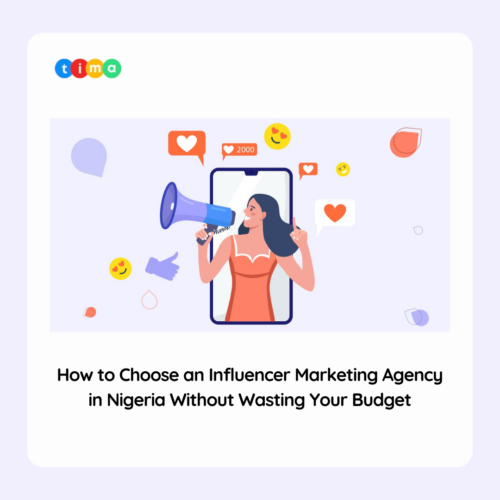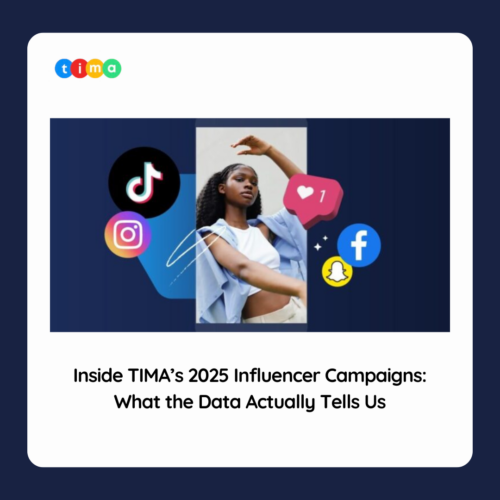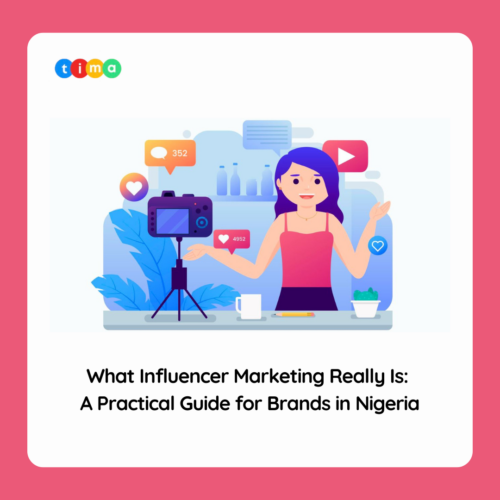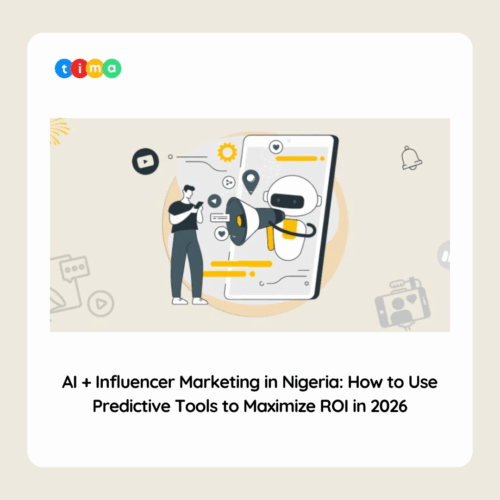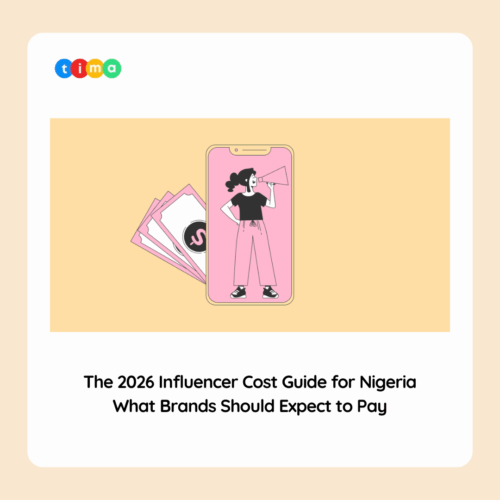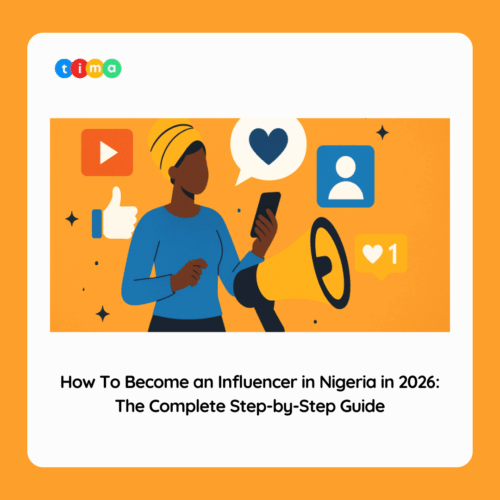In the dynamic world of influencer marketing, the rise of micro-influencers has been a game-changer. Individuals like these, often possessing a modest yet highly engaged following, can have a huge influence on brand awareness and engagement. In Nigeria, a country known for its diverse and vibrant social media landscape, harnessing the power of micro-influencers effectively can be a strategic marketing move. In this article, we’ll explore how to use micro-influencers in Nigeria to achieve your marketing goals.
Understanding Micro-Influencers
Micro-influencers are influencers with a smaller but more niche and engaged following on social media platforms like Instagram, Twitter, YouTube, and TikTok. In Nigeria, micro-influencers typically have follower counts ranging from a few thousand to around 50,000. Their authenticity, credibility, and strong connections with their followers distinguish them.

Why Micro-Influencers Matter in Nigeria
Micro-influencers often have a more genuine and relatable online presence. Their followers trust their recommendations because they perceive them as real people. Here are other reasons why Micro Influencers is the best bet for your brand
- Niche Audiences: Micro-influencers often focus on specific niches or interests, allowing you to target a highly relevant audience for your product or service.
- Cost-Effective: Collaborating with micro-influencers is usually more budget-friendly than working with macro-influencers or celebrities.
- High Engagement: Micro-influencers tend to have higher engagement rates, meaning their audience actively interacts with their content.

Effective Strategies for Using Micro-Influencers in Nigeria
By implementing these strategies, your brand can effectively harness the potential of micro-influencers to connect with the diverse and vibrant audience in Nigeria. Here they are:
- Identify the Right Micro-Influencers: Look for micro-influencers whose values align with your brand and have an audience that matches your target demographic. Tools like social media analytics and influencer marketing platforms can help with this.
- Nurture Authentic Relationships: Building genuine relationships with micro-influencers is crucial. Engage with their content, interact with them on social media, and reach out with personalized messages that express your interest in collaborating.
- Set Clear Objectives: Clearly define your goals for the influencer campaign. Are you looking to increase brand awareness, drive website traffic, or boost sales? Understanding your objectives will help shape the campaign.
- Content Collaboration: Allow micro-influencers creative freedom while aligning their content with your brand’s messaging. Authenticity is key, so avoid overly scripted or promotional content.
- Leverage User-Generated Content: Promote the generation of user-generated content by micro-influencers that highlight your product or service in action. This can provide valuable social proof.
- Measure and Optimize: Use analytics tools to track the performance of your micro-influencer campaigns. Monitor engagement, reach, and conversions to assess the effectiveness of your strategy. Adjust your approach based on the data.
- Compliance with Regulations: Ensure that your influencer marketing campaigns comply with advertising regulations and guidelines in Nigeria. This includes disclosing partnerships and sponsored content.

Challenges to Watch Out For
While micro-influencers offer numerous advantages, there are some challenges to be aware of:
- Inconsistent Results: Due to their smaller following, results from micro-influencer campaigns can sometimes be inconsistent. However, their highly engaged audience often compensates for this.
- Managing Multiple Partnerships: Coordinating and tracking campaigns can become challenging when working with multiple micro-influencers. Consider using influencer marketing agencies to solve this challenge.
Conclusion
Micro-influencer marketing is not just a global trend; it’s a strategy that holds great promise in Nigeria’s unique business landscape. By identifying the right micro-influencers, nurturing authentic relationships, and crafting compelling campaigns, brands can tap into the trust, authenticity, and local relevance that micro-influencers offer. In a country where personal connections and genuine recommendations matter, leveraging micro-influencers effectively can lead to significant success in influencer marketing.



